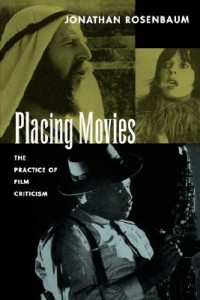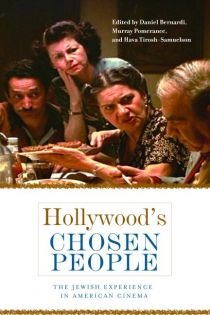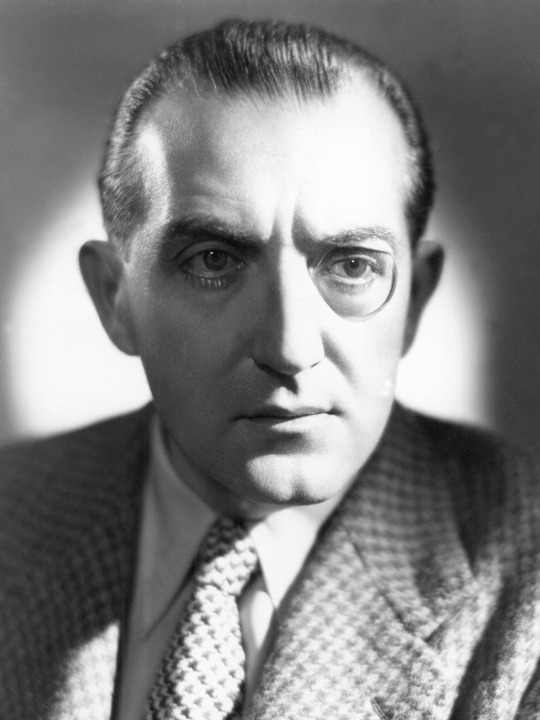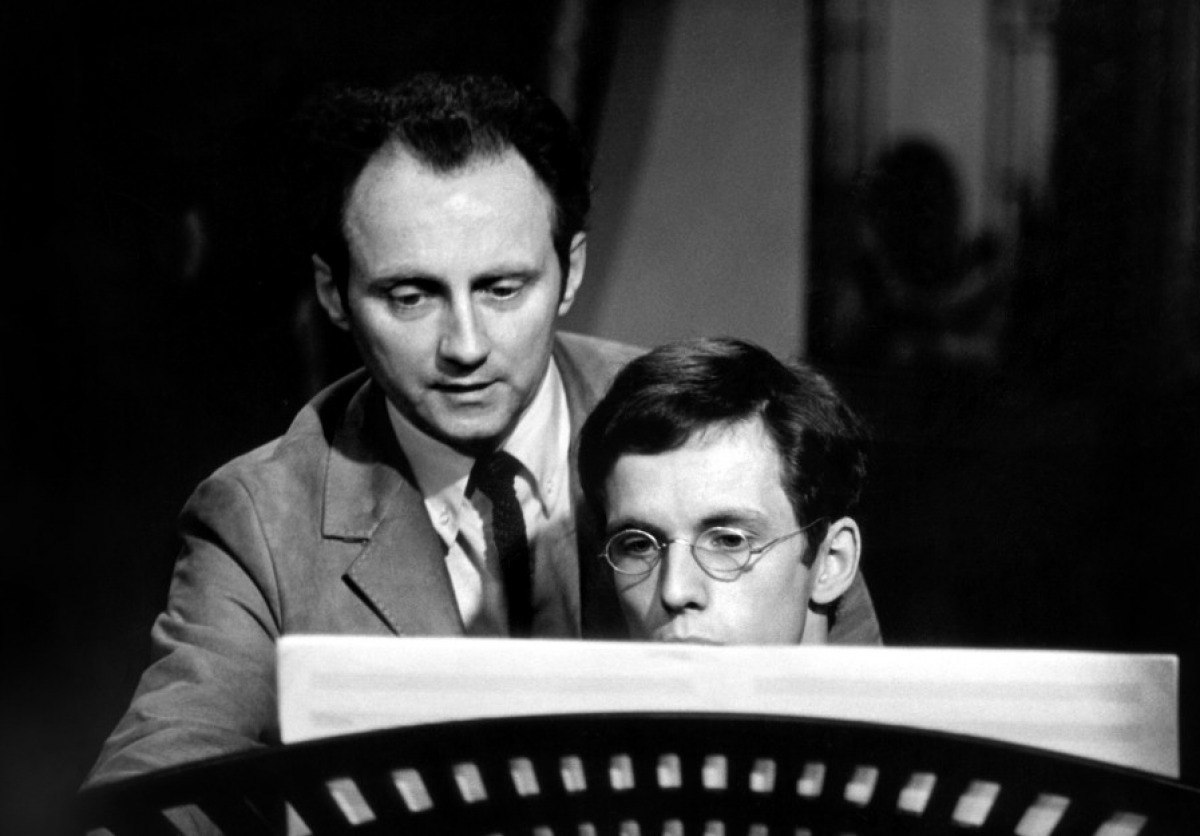This is the Introduction to the second section of my first collection, Placing Movies: The Practice of Film Criticism (University of California Press, 1993). I’ve taken the liberty of adding a few links to some of the pieces of mine mentioned here which appear on this web site. — J.R.

I should begin here with a somewhat embarrassed confession about a methodology I have employed with increasing frequency, especially since the mid-1980s — the practice of recycling certain elements from my earlier criticism. On a purely practical level, it can of course be argued that very few people who read me in, say, the Monthly Film Bulletin in 1974 are likely to be following my weekly columns in the Chicago Reader two decades later, and that my pieces for Soho News in 1980 (to cite another random example) are not likely to have survived in the periodical collections of many libraries. But I still blush to admit that, in a hatchet job I performed on Donald Richie’s book on Ozu for Sight and Sound in 1975, I sharply reproached Richie for reusing the same phrases about Ozu again and again in his own criticism. This was written at a relatively early stage in my own career when I imagined other film buffs like myself going to libraries and reading virtually everything in print on a given topic; I didn’t really think through the implications of writing about the same films and filmmakers for different audiences in separate countries over many decades — as Richie had certainly already done at that point, and as I have subsequently done. Read more
From the Jewish Daily Forward, October 9, 2012. — J.R.

Hollywood’s Chosen People:
The Jewish Experience in American Cinema
Edited by Daniel Bernardi, Murray Pomerance, and Hava Tirosh-Samuelson
Wayne State University Press, 270 pages, $31.95
The coeditors stake their claim in the first sentence of their Introduction: “This book sets out to mark a new and challenging path of the role of Jews and their experience in Hollywood filmmaking.” And to some degree, they live up to this goal, in a varied collection that tends to get livelier as it proceeds. But considering how slippery and elastic their definitions of “Jews” can be, part of their path strikes me as both familiar and questionable.

Fritz Lang, for instance, gets cited over a dozen times in the book’s index, but for me his inclusion is fully justified only once — in a fascinating article by Peter Krämer that charts diverse efforts over four decades to make a movie about Oskar Schindler that preceded Steven Spielberg’s Schindler’s List in 1993, many of them launched by Schindler himself, who had a lengthy correspondence with Lang about the first of these projects in 1951. Virtually all the other references assume that Lang was a Jew because of his mother’s origins—a default position held in spite of his being raised solely as a Catholic and apparently never betraying the slightest interest in identifying himself any other way. Read more
This was written in late 2012 and early 2013 for Film Comment, but this magazine’s editor at the time loved to improvise the contents of every issue at the last moment, and this article had already been edited, scheduled, and then pulled from two separate issues. For me, it had currency and some immediacy because of the release of a Delvaux box set in Belgium; from the editor’s more land-locked Manhattan perspective, it could be published any time without making much difference. Rather than run the risk of this delay happening a third or even fourth time over the remainder of that year, and because I believed that jonathanrosenbaum.com (now jonathanrosenbaum.net) may have had a larger readership than Film Comment anyway, I decided to make a last-minute editorial decision of my own and posted it there, originally in August 2013, forfeiting the expected fee for the piece. (Like all my other texts, it subsequently got transferred here half a year later, at jonathanrosenbaum.net.) — J.R.

Part of the strength of André Delvaux (1926-2002) as a filmmaker is that, like the otherwise very different Samuel Fuller and Jacques Tati, he was already pushing 40 when he directed his first feature — having by then studied music, German philology, and the law, and also taught Germanic languages and literature before he became a pioneer in teaching film at Belgian state schools, where Chantal Akerman and Hitler in Hollywood’s Frédéric Sojcher (who has written a short book on Delvaux) were among his pupils, meanwhile playing piano to accompany silent films at the Brussels Cinémathèque. Read more




